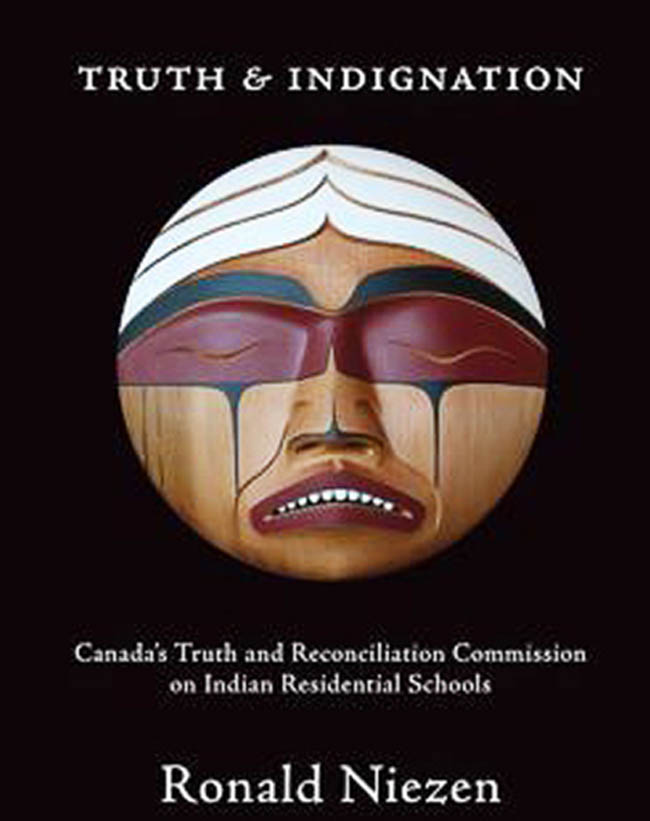Book Review: TRC not telling some truths?
 Truth and Indignation is an academic study of the precepts, concepts, testimony, and narratives of Canada’s Truth and Reconciliation Commission (TRC) written by a member of the Faculty of Law at McGill University. Although it is an interesting examination of the commission, it is a very typical western academic study that fails to escape colonialist overtones.
Truth and Indignation is an academic study of the precepts, concepts, testimony, and narratives of Canada’s Truth and Reconciliation Commission (TRC) written by a member of the Faculty of Law at McGill University. Although it is an interesting examination of the commission, it is a very typical western academic study that fails to escape colonialist overtones.
The book masterfully shows how the TRC’s limited mandate has affected what and how it hears, who speaks and how they speak, and who is listening. Neizen argues that a dominant narrative – that of violence, abuse, and neglect – has emerged which silences other narratives. The “missing” narratives include positive memories of former students as well as memories of former residential school staff, who Neizen suggests could be viewed as Survivors. Being a member of the dominant society, Neizen argues that the non-inclusion of staff testimony, or its public rejection when it is presented at the TRC, is preventing the true emergence of “historical truth” and is therefore in conflict with the “truth” mandate of the TRC.
He sides with Oblate priests who feel indignant about the negative testimony leveled at their Order and the schools where they worked. Simply, these white men feel that the “true” history and their religious vocation is misrepresented for political and pecuniary gain. Neizen fails to contextualizue the Oblates as central figures in perpetuating a form of genocide regardless of whether or not their victims were smiling. Nonetheless, Neizen’s work is an interesting read for the perspective of a non-native academic on the TRC, its problems, precepts, and limited successes.
Ronald Niezen, Truth and Indignation: Canada’s Truth and Reconciliation Commission on Residential Schools. Toronto: University of Toronto Press, 2013.
–Reviewed by Karl Hele


